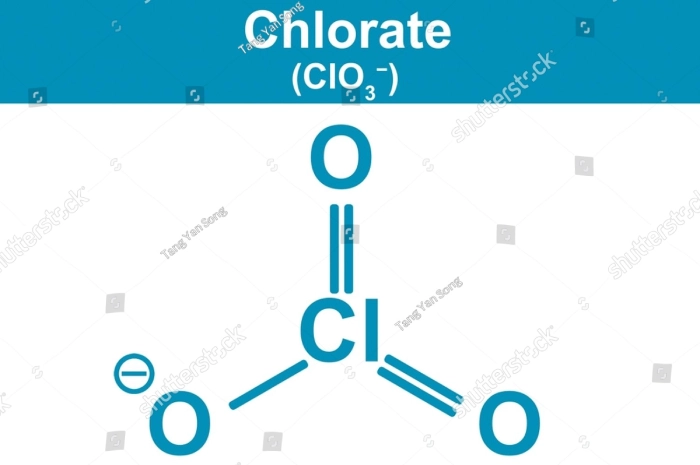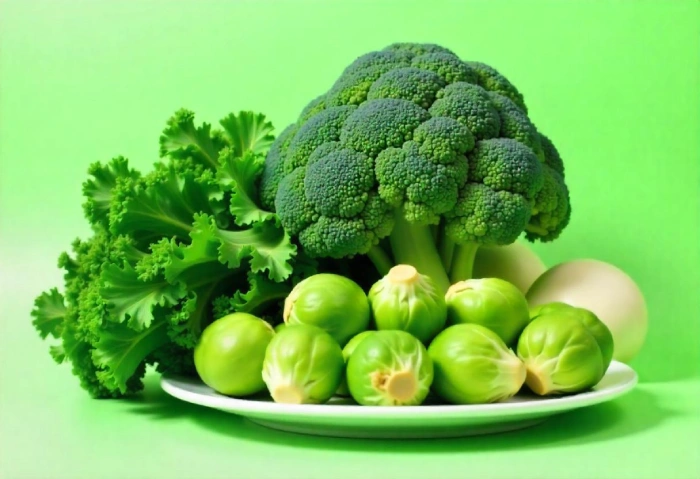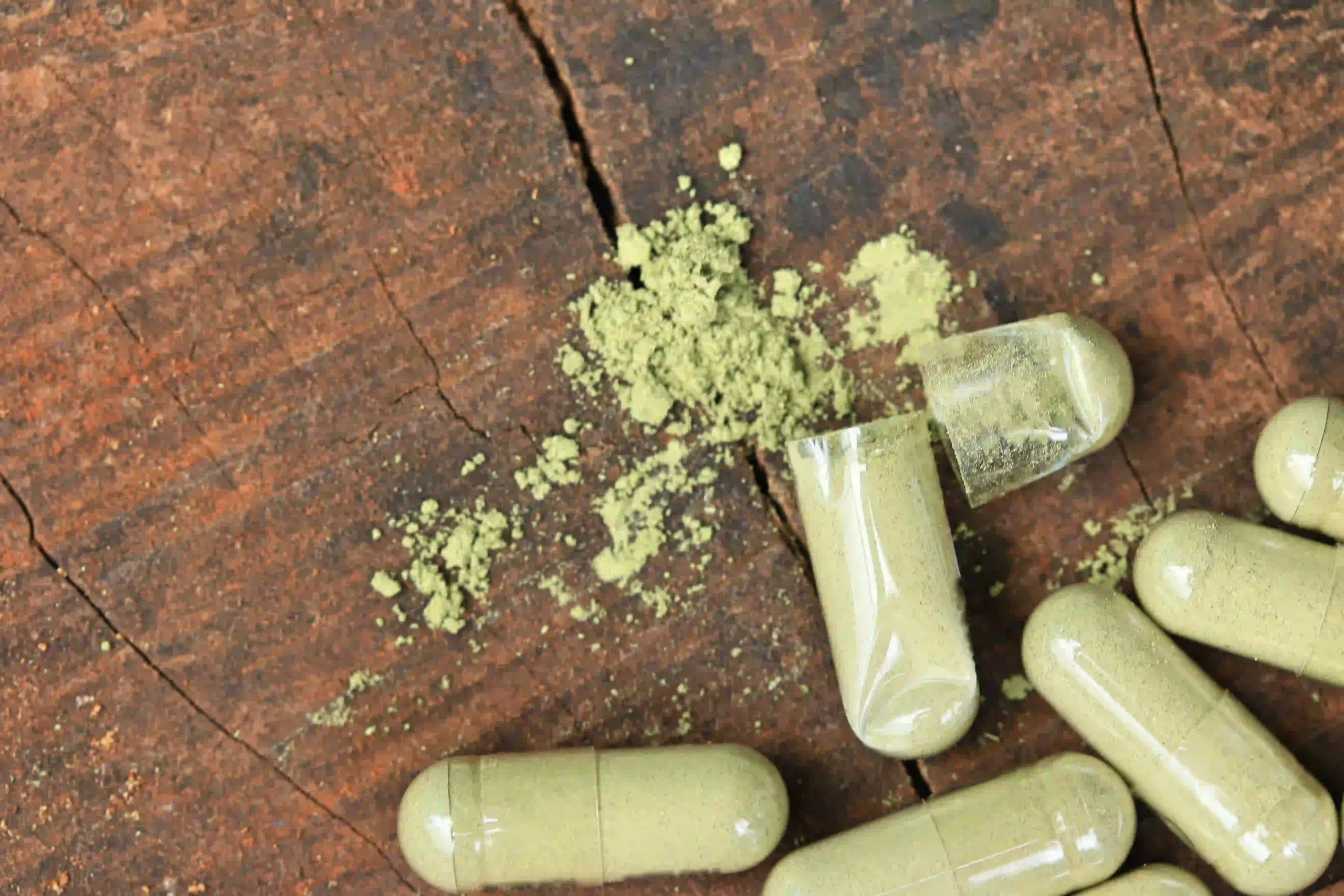Coca-Cola Recalls Products Over Chlorate Contamination
Coca-Cola Europacific Partners, the European bottling division of Coca-Cola, has initiated a large-scale recall of several beverages, including Coke, Sprite, and other popular drinks, due to detected high levels of chlorate, a chemical that may pose potential health risks.
Scope of the Recall
The recall affects canned and bottled drinks distributed in Belgium, the Netherlands, the United Kingdom, Germany, France, and Luxembourg since November. While the company has not provided an exact quantity of the affected products, it acknowledged that the recall involves a significant number of beverages.
What Is Chlorate?
Chlorate is a chemical compound that can be found in various foods, originating from chlorine-based disinfectants commonly used in water treatment and food processing. The European Food Safety Authority (EFSA) issued a 2015 scientific opinion stating that long-term exposure to chlorate could pose health risks, particularly for children with mild or moderate iodine deficiency.
Company Response and Consumer Impact
Coca-Cola Europacific Partners Belgium assured that most affected products have already been removed from store shelves. The company continues to work on eliminating all remaining contaminated beverages from the market.
Meanwhile, Coca-Cola’s French division sought to downplay concerns, citing independent analysis suggesting a “very low” probability of health risks. Additionally, no consumer complaints related to the contamination have been received so far. Although some contaminated batches were delivered to France, there is currently no recall order in effect for the French market.
Source of the Contamination
The contamination was identified during a routine quality control check at Coca-Cola’s production site in Ghent, Belgium. The affected products have production codes ranging from 328 GE to 338 GE and include brands such as Minute Maid, Nalu, Royal Bliss, and Tropico.
Ongoing Actions and Apology
Coca-Cola Europacific Partners has apologized for the recall and assured that it is in communication with regulatory authorities in each of the affected countries. The company continues to take corrective measures to prevent similar issues in the future.
Commentary by SuppBase Columnist Alice Winters

Coca-Cola’s chlorate contamination raises serious concerns about the beverage industry’s quality control measures. While the company claims the health risk is “very low,” the presence of high chlorate levels is alarming, especially given EFSA’s stance on its potential impact on iodine-deficient children. This incident underscores broader regulatory challenges in ensuring water treatment chemicals do not compromise food and beverage safety.
One major issue here is transparency. The recall affects six major European markets, yet France has not issued a recall despite confirmed contamination. This inconsistency raises questions about how different national agencies assess risk and whether economic factors play a role in recall decisions. It also highlights a gap in consumer trust—if the contamination is serious enough for mass recalls in multiple countries, why would the risk suddenly be lower in France?
Moreover, Coca-Cola’s lack of precise figures regarding the volume of affected products is concerning. Given the scale of their distribution network, a “considerable quantity” could mean millions of units. The company’s attempt to reassure the public with vague statements about “low probability” of risk does little to instill confidence.
This incident should serve as a wake-up call for both regulatory bodies and major beverage manufacturers. Stricter quality control checks, more rigorous safety thresholds, and improved public communication are necessary to prevent future lapses. As consumers become increasingly aware of the potential health risks associated with contaminants, companies must be proactive rather than reactive in addressing these safety concerns.
Coca-Cola, as one of the world’s largest beverage producers, has an obligation to lead by example. Ensuring full transparency, providing concrete data on contamination levels, and implementing robust preventive measures will be critical in restoring consumer confidence after this significant recall.



